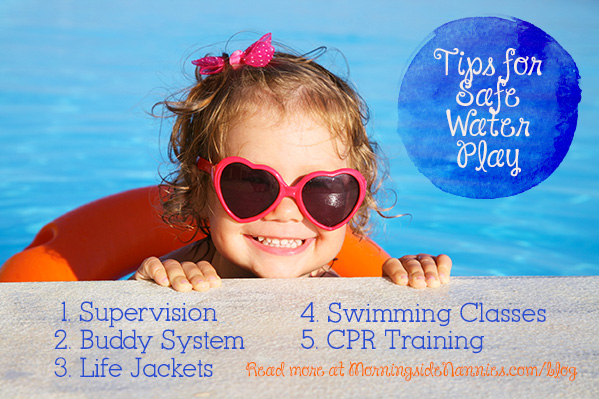(713) 526-3989
Call Our Houston Office For a Complimentary Consultation (713) 526-3989
Originally, I tried to find a nanny on my own and it took me much, much longer and only half of them spoke English. I had to do my own background checks. Morningside Nannies made it much easier, faster and more efficient.
Holly Weinstock, Stay at home mom
Thank you so much. I would recommend your company to absolutely everyone in need of help. You always asked questions to ensure proper performance.
Cynthia Cisneros, Television News Personality
It’s been a dream to work with Morningside, the caliber of nannies was definitely apparent.
Rachael C
I have used two other agencies, both were difficult to work with and did not live up to their promises and Morningside Nannies did.
Dr. Susan Streusand
We’ve been very happy with Amber! She is so sweet with our son, proactive, a huge help around the house, engaging, and super creative with coming up with activities for him. So glad we hired her.
Rachel
I just wanted to let you know that Elizabeth is fantastic! She is great with the boys, and so helpful with such a calm and pleasant way of being. We are so happy with her.
Christine
We used two other services and an online service. Morningside Nannies had the most highly qualified candidates, one of whom we selected.
Dr. M
Quality of applicants was way above what we had hoped for. Thoroughly enjoyed working with your agency – we will highly recommend you to friends.
Kim McMillan
In a time crunch you provided me with two excellent applicants within hours!
Dr. Anita Tonking
I trust Morningside Nannies & their research into their nannies more than any of the other seven agencies we talked with. The checks are reliable and the quality of nannies was superb. The process of finding a nanny was handled quite professionally.
Dr. Kim Burgess, Pediatrician
- Home
- Our Services
- Costs & Fees
- Find a Position
- Resources
- FAQ
- For Families
- For Nannies
- Nanny Health Insurance
- Nanny Taxes
- Nanny Organizations
- Fun Things to Do With Kids in Houston
- Houston and Surrounding Communities
- Alvin
- Angleton
- Baytown
- Bellaire
- Clute
- Conroe
- Deer Park
- Dickinson
- Freeport
- Friendswood
- Galena Park
- Galveston
- Humble
- Jacinto City
- Katy
- La Marque
- La Porte
- Lake Jackson
- League City
- Missouri City
- Pearland
- Rice Village
- Richmond
- River Oaks
- Rosenberg
- South Houston
- Sugar Land
- Texas City
- The Woodlands
- West University Place
- Pasadena
- About Us
- Blog
- Contact

 Summer is a great time to get outside and cool off in the water, but if you have children then water safety should be on your mind. According to
Summer is a great time to get outside and cool off in the water, but if you have children then water safety should be on your mind. According to 
